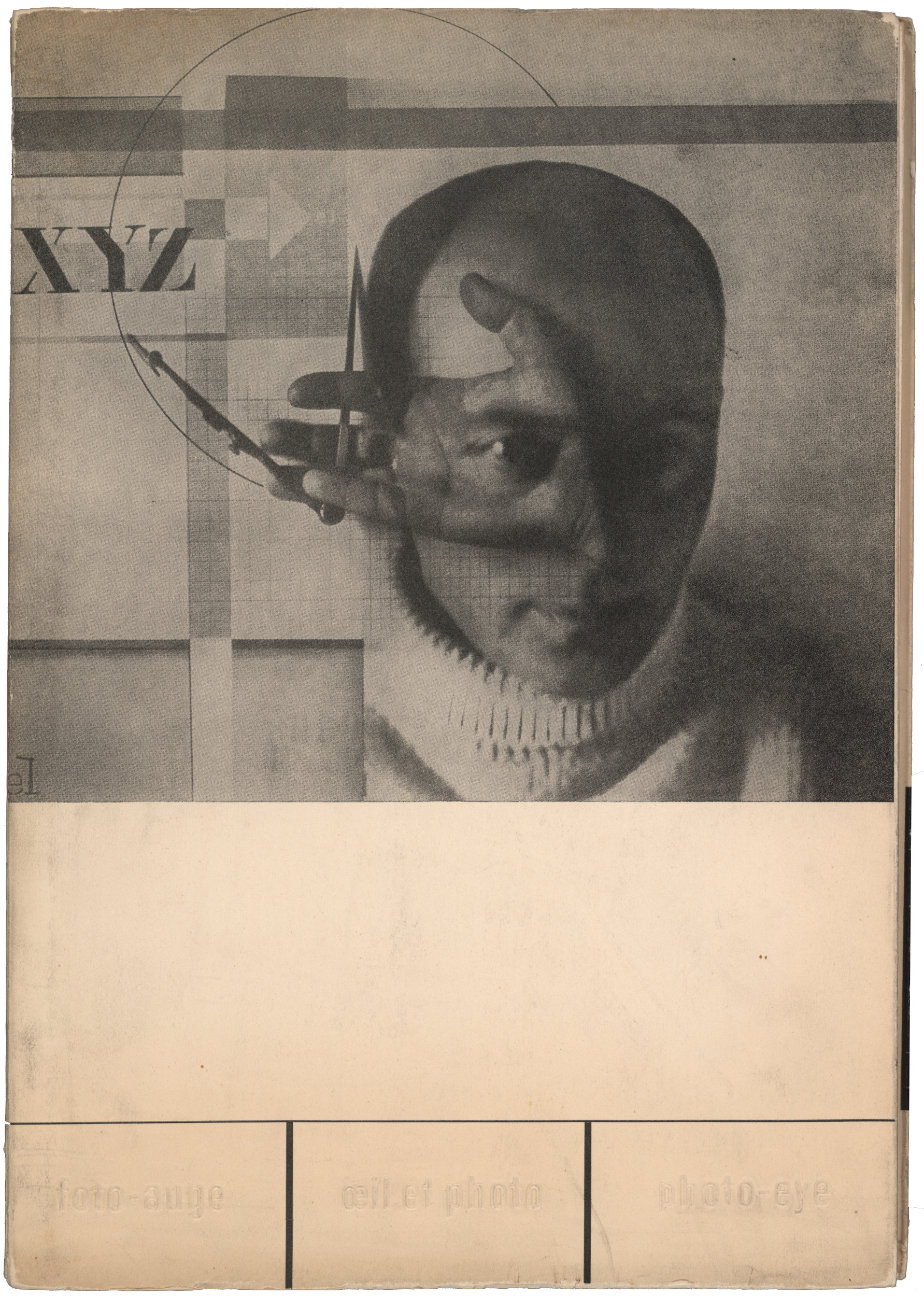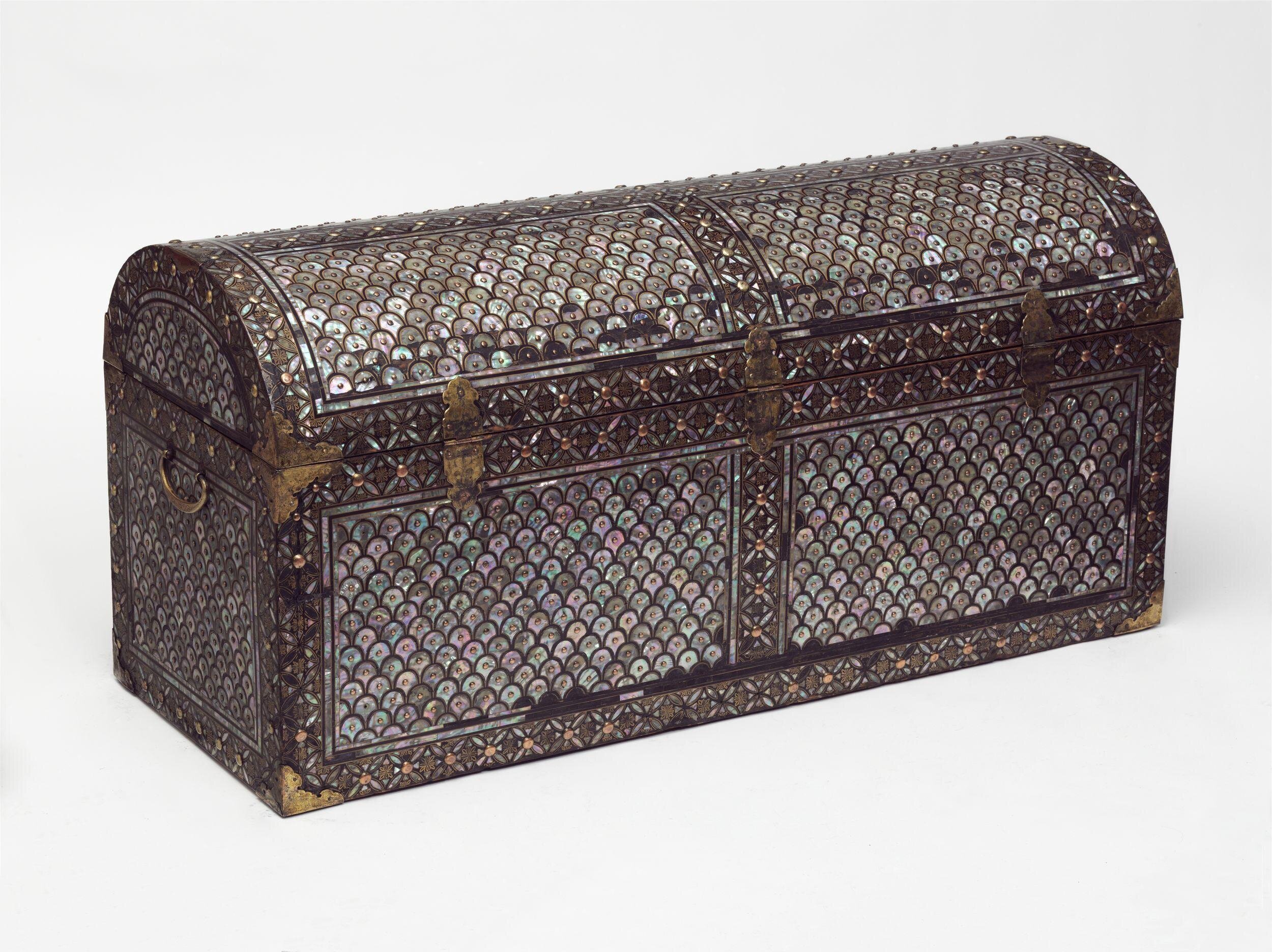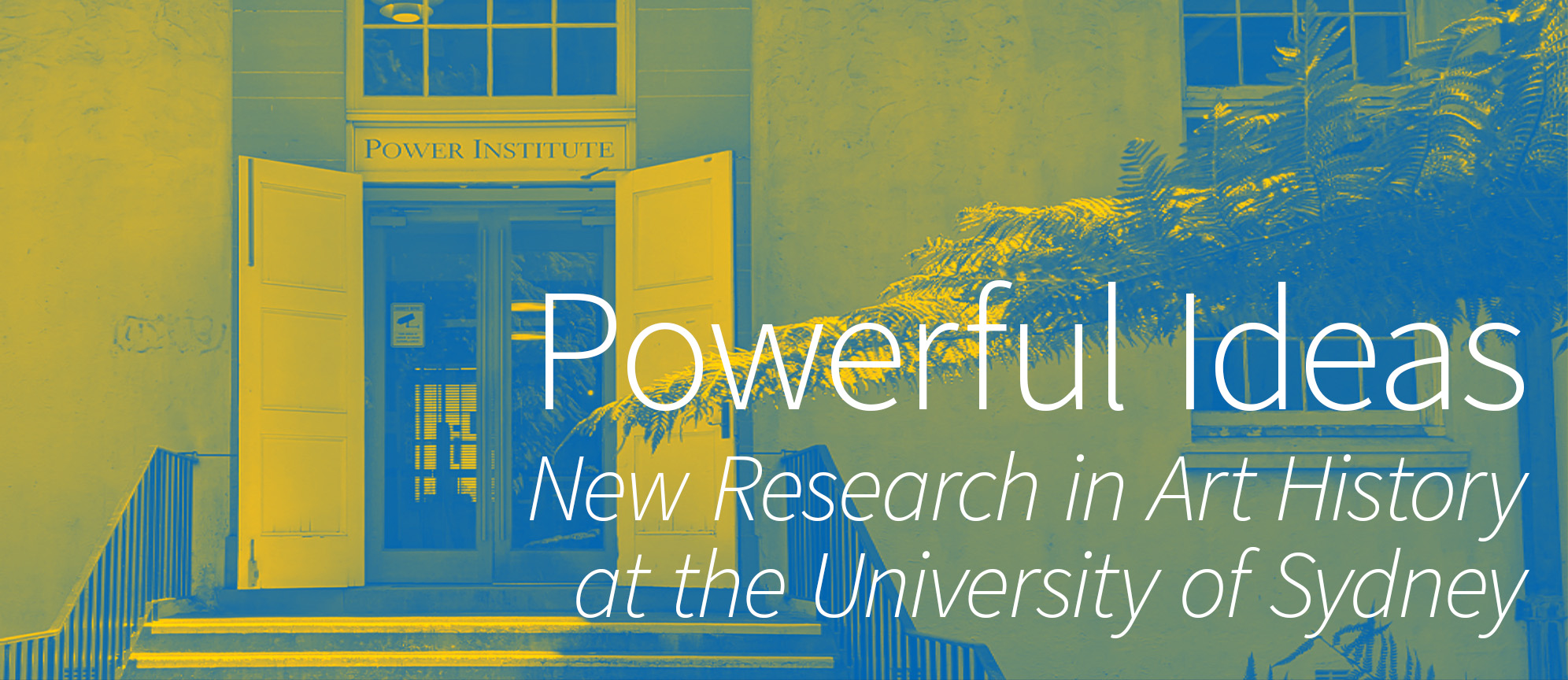Missionary Position / Looking Forward to the Past
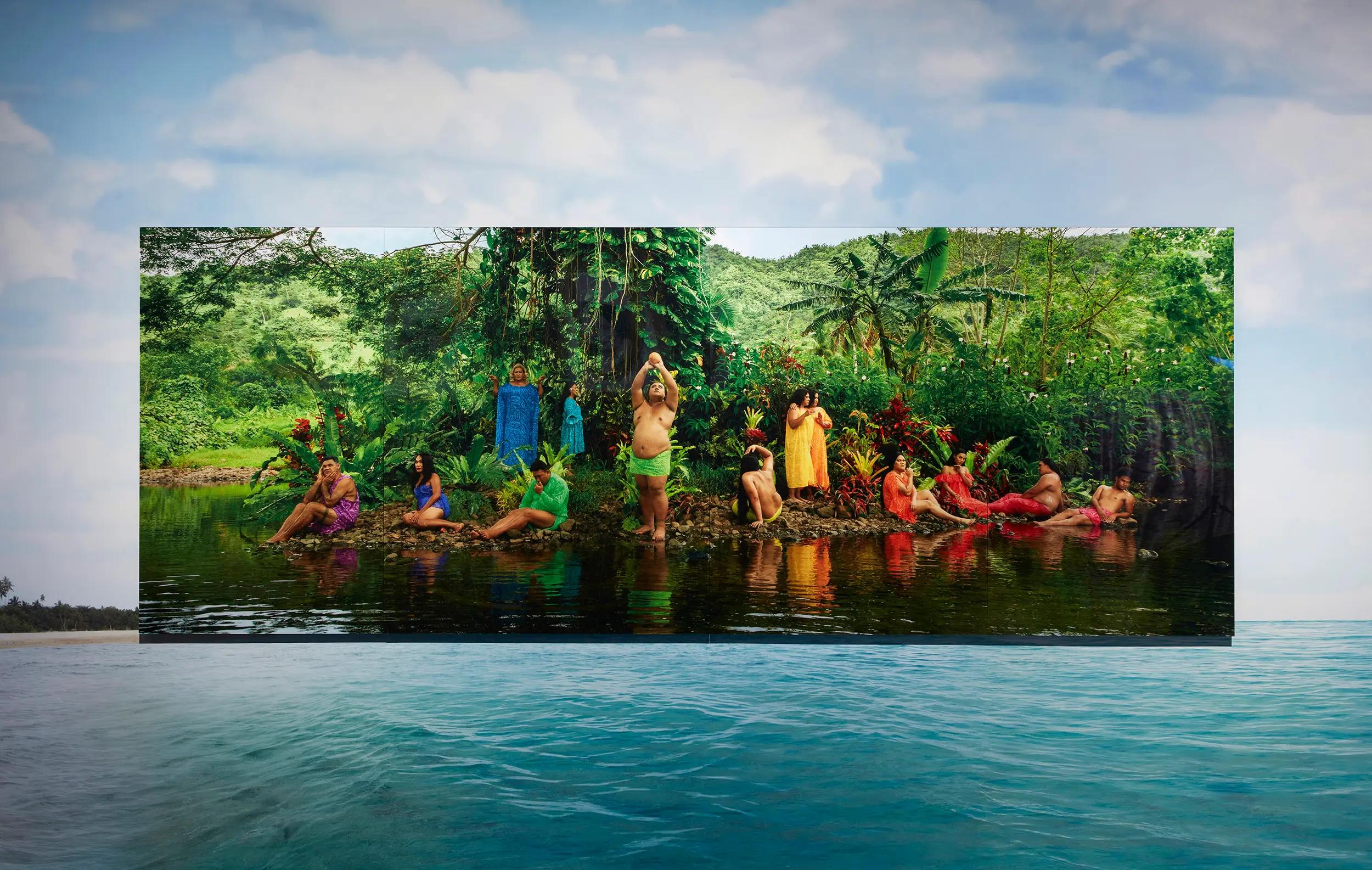
Two presentations of new research on Yuki Kihara's stunning 2020 work Paradise Camp, and the little known collection of art at Australia's Parliament House.
Fonofono o le nuanua: Patches of the rainbow (After Gauiguin), 2020 in Paradise Camp by Yuki Kihara. Photo: Zan Wimberley
India Urwin
Missionary Position: the irreconcilable decolonisation of Yuki Kihara’s Paradise Camp
Cultural institutions deploy art and artists to do decolonial labour for them, prolonging, rather than repairing, their status as colonial institutions. Simultaneously, this state of affairs fails to give sufficient weight to the forms of decolonisation that this art produces - such as affectual and somatic decolonisation. These incorporeal logics are overlooked generative conditions of decolonisation. For institutions to reckon with colonialism, it is necessary to re-examine decolonisation as an ongoing form of unsettling, rather than a means of completed reparation. Yuki Kihara’s exhibition Paradise Camp (2023-24) embodies this unsettling, entering into decolonial dialogue - not as a problem with an assumed solution - but instead as a tongue-in-cheek theatre in which colonial gender and sexual binaries play out in enigmatic aporia. Her installation explores her fa’afafine identity which stands uncomfortably within heteronormative museum space. However, Kihara doesn’t seek to resolve these contradictions, but rather shout and laugh at them.
Robert Miller
Looking Forward to the Past: The Rotational Collection of Art at Australian Parliament House, 1982-2023
This paper asks how many parliamentarians does it take to choose an artwork? The Parliament of Australia holds a little known, closely guarded collection of contemporary Australian art that adorns parliamentarians’ suites and the general circulation areas of the restricted part of the building. Only a fraction of the 6,800 works now held make it into the public spaces of Parliament or further afield. Many of the works in my view are modern masterpieces. The so-named Rotational Collection was begun in the early 1980s as the new Parliament was being built and has variously suffered or profited ever since through at the hands of those responsible for its curation. The research is believed to be the first full exposition of the Collection, achieved notwithstanding the restricted nature of the rich primary material. The questions by which the Collection is assessed are the malleable stated acquisitions policy and the collateral issue of (lack of) public access.
Part of the Art History Seminar Series, convened by Mary Roberts, and presented by the discipline of art history at the University of Sydney, with support from the Power Institute.
Join via Zoom
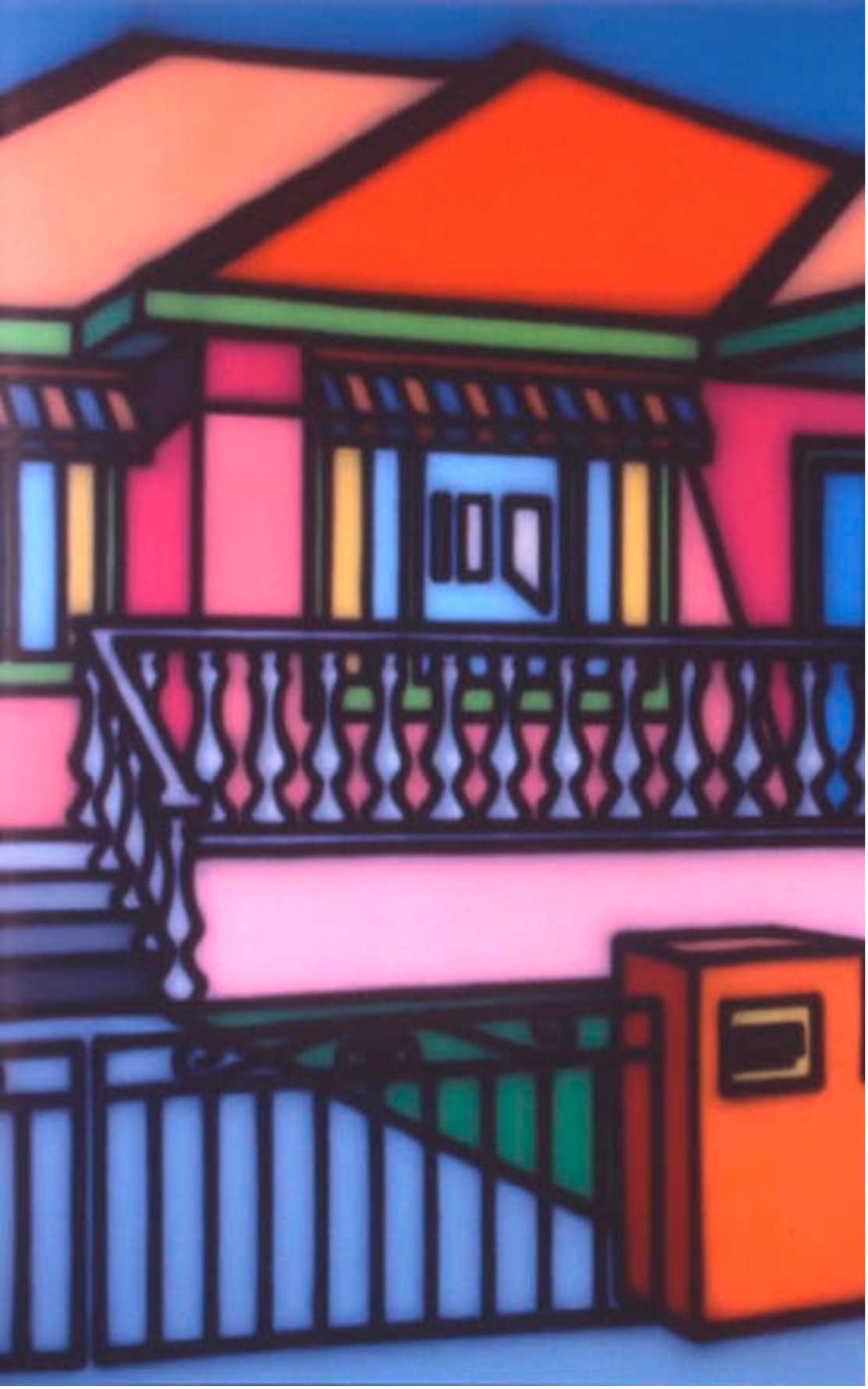
Howard Arkley, Theatrical facade, 1996, synthetic polymer paint on canvas, 203 x 153 cm. Rotational Collection. Source: arkleyworks.com/blog/2009/11/25/theatrical-facade-1996-canberra/.
People
India Urwin
India Urwin (she/her) is a decolonial art historian, curator and arts writer living and working on Gadigal land. India holds a BA with First Class Honours in Art History and Film Studies and a Master of Art Curating from the University of Sydney. India was the Assistant Curator of the Head On Photo Festival, and Assistant Editor of Interactional Magazine, an online photography magazine. Currently, India is undertaking a PhD under the supervision of Associate Professor Donna Brett. Her thesis, Unsettling: Contemporary post-colonial art and the promise of decolonisation, seeks to refocus the conversation of institutional decolonisation on art itself.
Robert Miller
Robert Miller only came to the study of art history after careers as an electrical engineer and a patent attorney. As an art enthusiast and modest collector, upon retiring Robert enrolled in the Diploma of Arts course to give life to that interest. This diverse, rigorous coursework, and especially the fieldwork in Paris, led to him undertaking a research master’s project jointly supervised by Prof Roger Benjamin and Dr Stephen Gilchrist. His subsequent doctorate, supervised by Prof Mark Ledbury, was conferred earlier this year.

